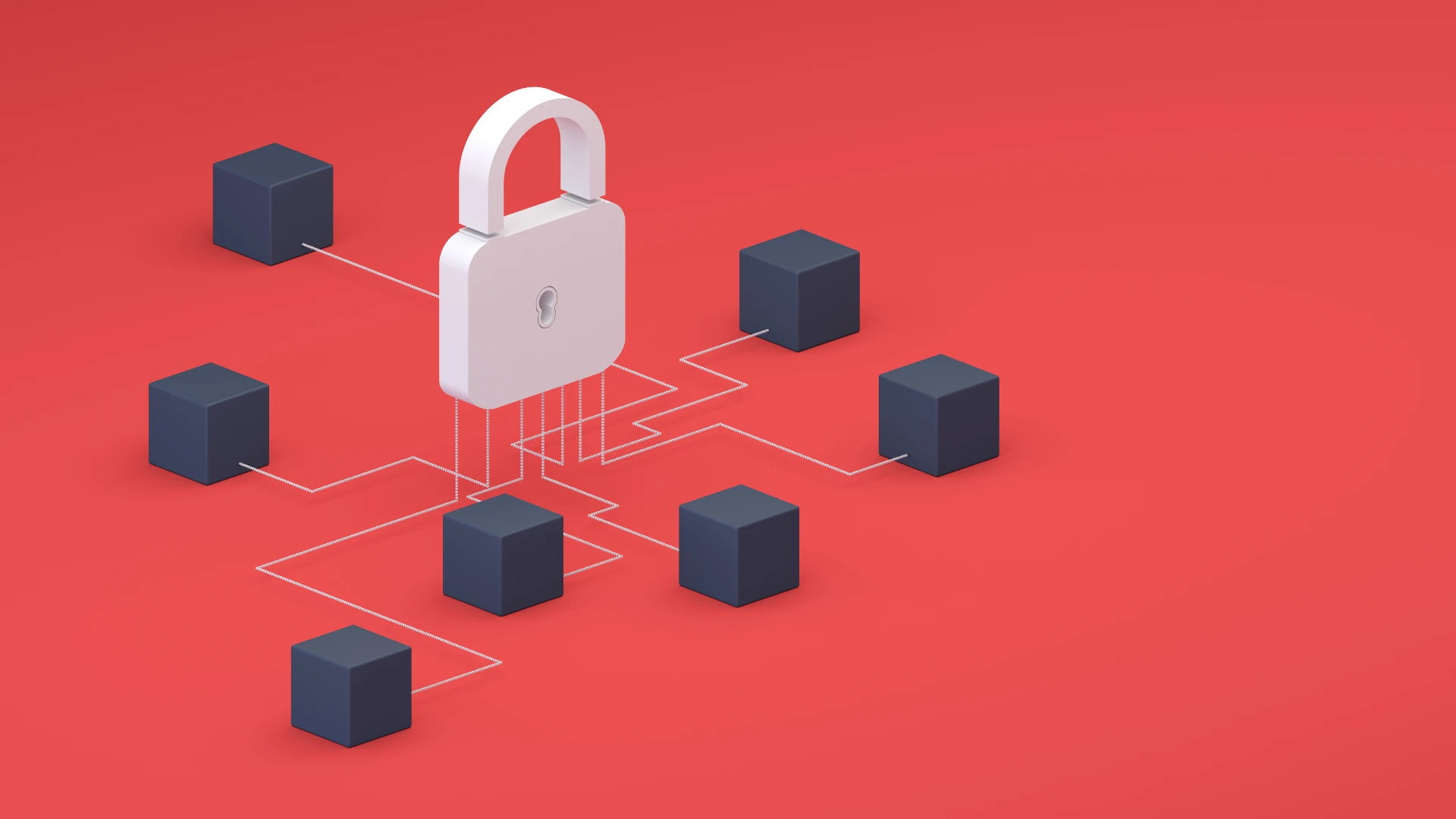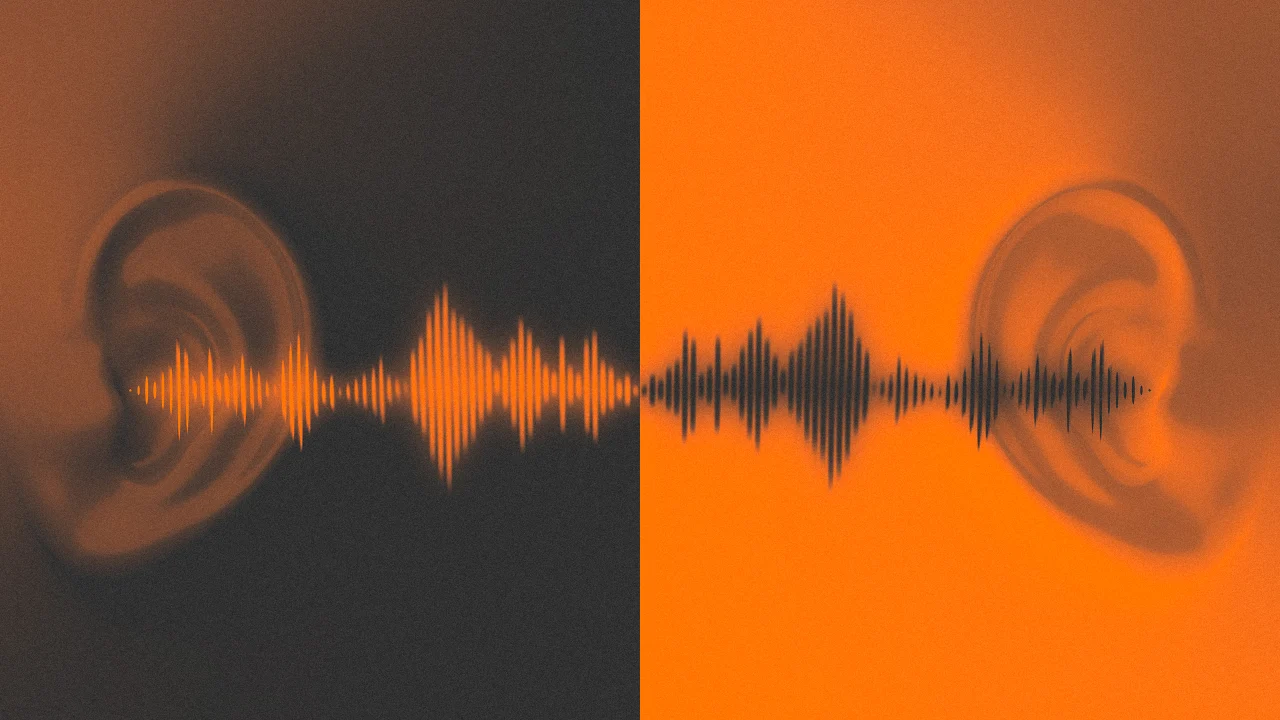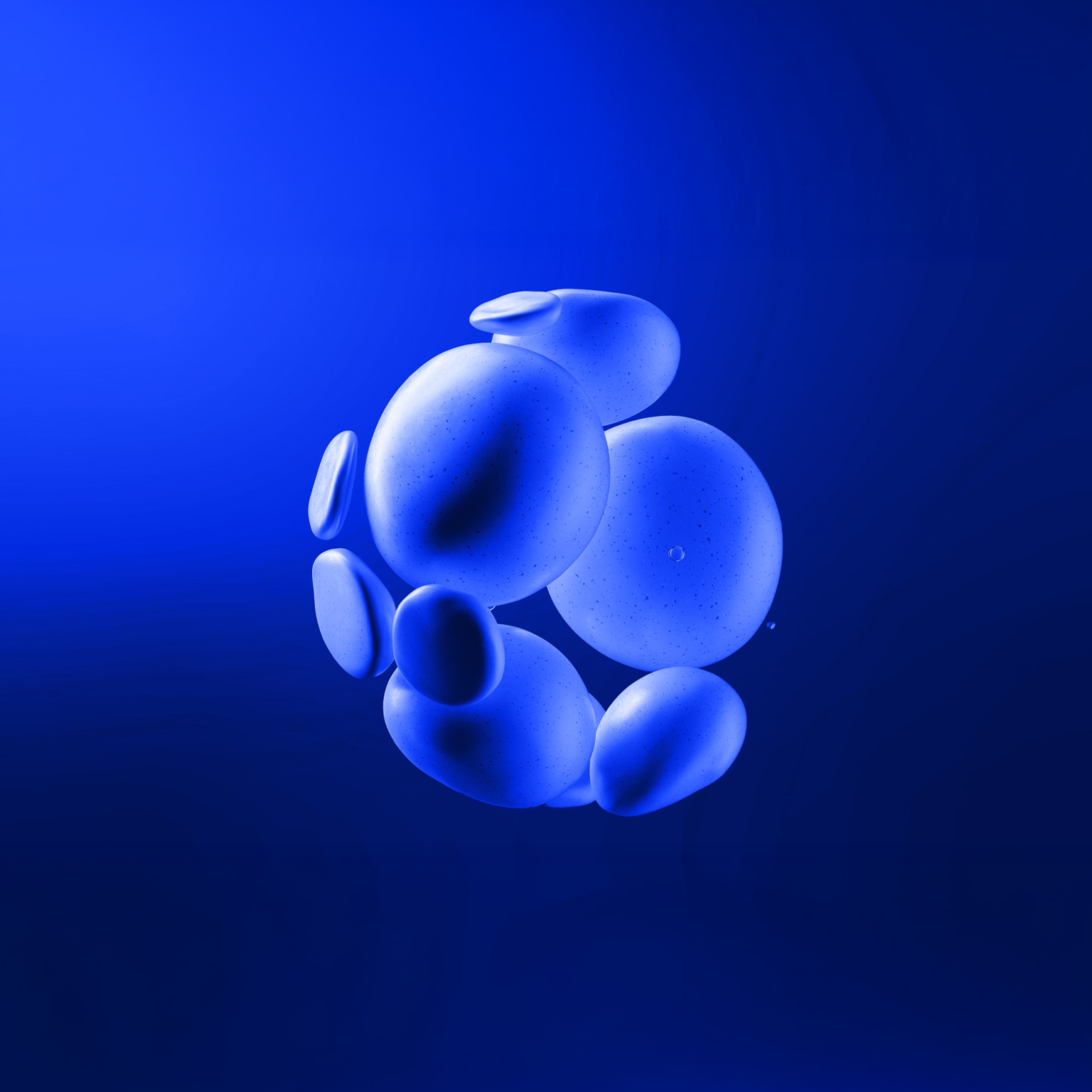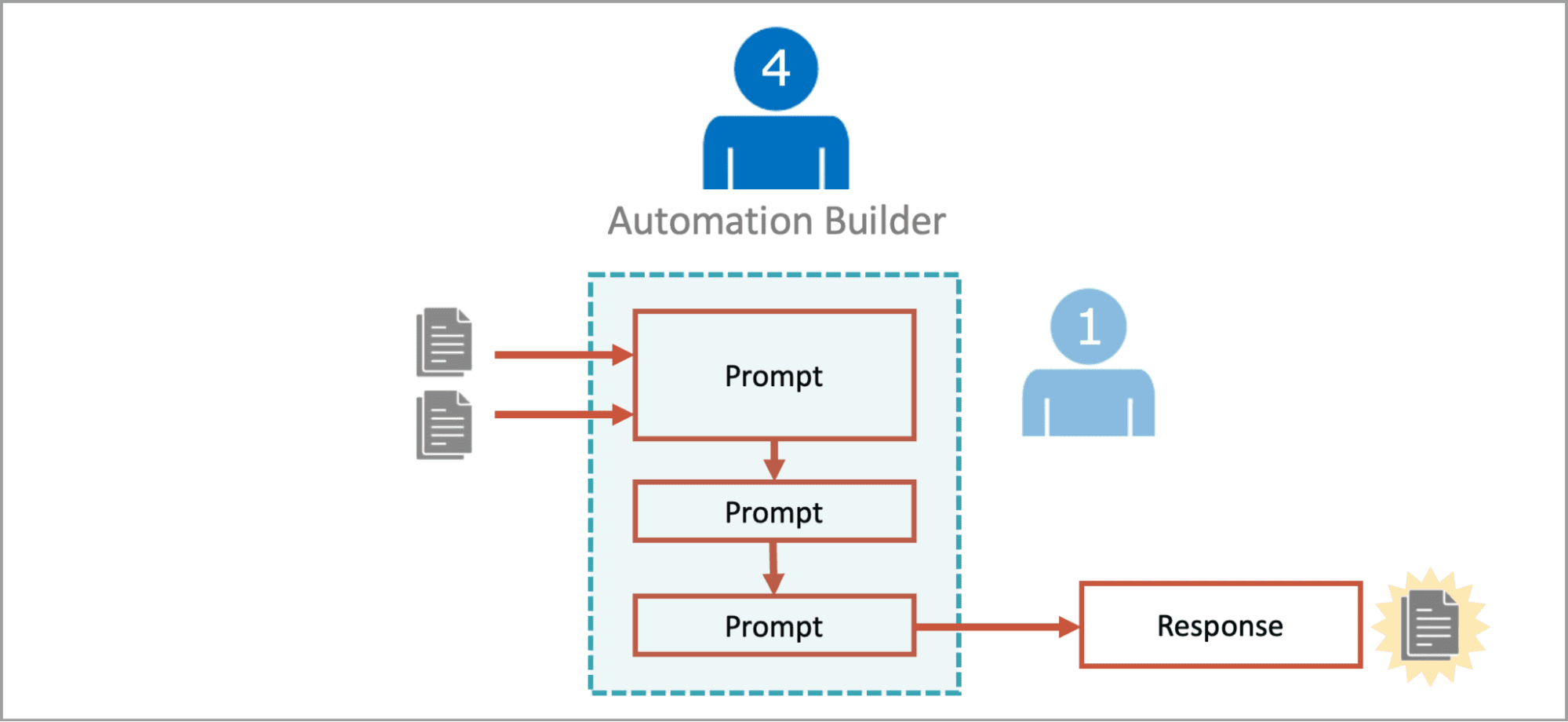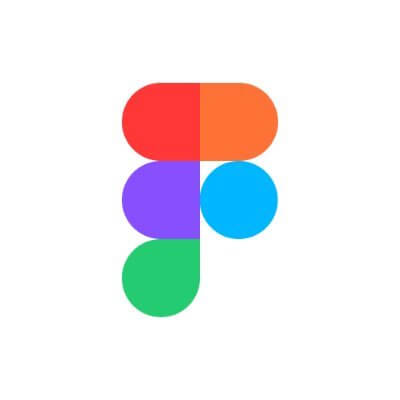How Claude AI's New Web Search Compares to Gemini and ChatGPT
The Anthropic AI bot adds the ability to pick out information from the web.

AI bots want to help with your web searches as well as everything else, and Claude is the latest artificial intelligence assistant to get the ability to look up information online—whether that's the latest news headlines or the latest prices on gadgets.
"With web search, Claude has access to the latest events and information, boosting its accuracy on tasks that benefit from the most recent data," says developer Anthropic. The feature is available now across all paid plans, and is "coming soon" for free users.
Web search is a different kind of challenge for AI models, testing their ability to sift through and assess content published on the web, rather than embedded in its training data. Here's how Claude gets on—and compares to Google Gemini and ChatGPT.
Using web search in Claude

To give Claude web access, click the sliders button in the prompt box, and enable the Web search toggle switch. The AI bot will then refer to the web at large as and when it deems it appropriate to your query, but if you want to make sure it uses online information as part of its response, include something like "search the web" in your prompt.
When a web search is invoked, Claude will notify you as part of the response, and typically takes a little longer to come back with an answer. When the answer does appear, you get small citation buttons at the end of certain sentences, so you know where the information has come from. Click any citation to jump to that website in a new tab.
You can run just about any query you might type into Google, covering everything from weather forecasts and sports scores to deep dives into music history and help with fixing computer problems. As usual, you can then follow up with more questions about the results Claude has given you.
It's easy to see the potential for AI to upend the way we search the web, in how it offers a more natural, nuanced experience than the standard list of links on Google. It's not without its problems though—not least whether these AI bots can be trusted, and where they're going to get their information from if real human beings have no incentive to publish on the web any more.
Getting the news of the day

I tasked Claude with bringing me the tech news headlines of the day, and in fact it ran two web searches to make sure it got everything. I read the tech news every day, and Claude did an okay job, here: The stories were mostly new, and mostly relevant, though the citation links tended to go to front pages of news sites, rather than individual articles.
Gemini was about on a par with Claude, though it did manage to link to specific articles, not just news hubs. Almost every result was from the last few days, taken from a reputable source, and relatively significant in the world of tech news, though there were some misses—a new Samsung phone in India, for example, which I don't really care about.
Over to ChatGPT, and the OpenAI bot was probably the worst of the lot when it came to returning results I cared about from sites that are the most respected in the tech news space (though you could argue that's a subjective call). It still did fine, but I preferred the results I got from Claude and Gemini.
When asked to return the latest news from Lifehacker, Claude couldn't do it, and ChatGPT just listed the headlines from the current home page without links. Gemini actually gave me the latest stories, complete with links, so works the best here—though the better option is probably just to open Lifehacker in your browser.
Checking facts online

Onto fact checking: I tested Claude with a movie question I already know the answer to. How many Oscars were won by One Flew Over the Cuckoo's Nest? It got the right answer, and the right year, and gave the context that it's only the third film in history to get all five big Academy Awards: Best director, best actor, best actress, best picture, and best adapted screenplay (see if you can guess what the other two movies are).
Gemini also got the answers and the context of the big five win. Its sources covered a wider variety of sites and even YouTube, whereas Claude stuck to Wikipedia and the official Oscars site. It gave a shorter, more terse response than Claude, and didn't include background information on box office takings.
As for ChatGPT, it again managed to put together an accurate answer, with the useful context about the big five success and the other movies that have managed the feat. Like Claude, it stuck mainly to Wikipedia, but it did something neither Claude nor Gemini did: It included a video from YouTube of the best picture Oscar presentation.
These kinds of web searches aren't particularly taxing. More complex questions may pose more problems, especially if the answers aren't readily available and the AI gets tempted to make them up. I did try and trick these AI bots into thinking Daniel Day-Lewis won two best actor Oscars in consecutive years, but all three correctly identified that this never happened.
Going shopping with AI

Online shopping could be transformed by AI. While actual people will always be better than bots at picking out the right purchases, AI can quickly scrape and summarize the opinions of real human beings and package them in a clean, friendly interface while taking a cut of the sales. It's like having a smart assistant with you, with no need to wade though masses of information or search results.
I asked Claude to recommend a quirky present for myself, based around sports or movies, and it dutifully searched for pages listing quirky sports and movie gifts. It did fine at picking out some ideas, but I think this is one query I could've just run myself through Google without troubling AI.
Gemini gave a more personalized, chattier response. It didn't provide any web links in this case, perhaps because Google wants to keep you going to its main search engine for these sorts of queries: Unlike Claude or ChatGPT, Google already makes a lot of money getting users to click through on purchasing links from its shopping search results.
ChatGPT gave the most useful results here, perhaps thanks to its recent shopping upgrade. The sources it listed were similar to the ones Claude used, but it provided some distinct top picks, together with pricing and links to buy them on the web. Further down the line, this could well be one of the ways OpenAI makes back some of its money.
Web search is clearly still a work in progress for all these AI tools. In some cases it works better than a traditional Google search, but not always, and there's always the issue of how far you can trust these confident, polished answers without checking on the original sources they're getting their information from.
Disclosure: Lifehacker’s parent company, Ziff Davis, filed a lawsuit against OpenAI in April, alleging it infringed Ziff Davis copyrights in training and operating its AI systems.

